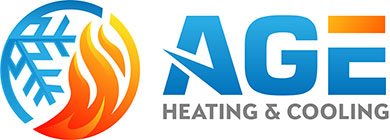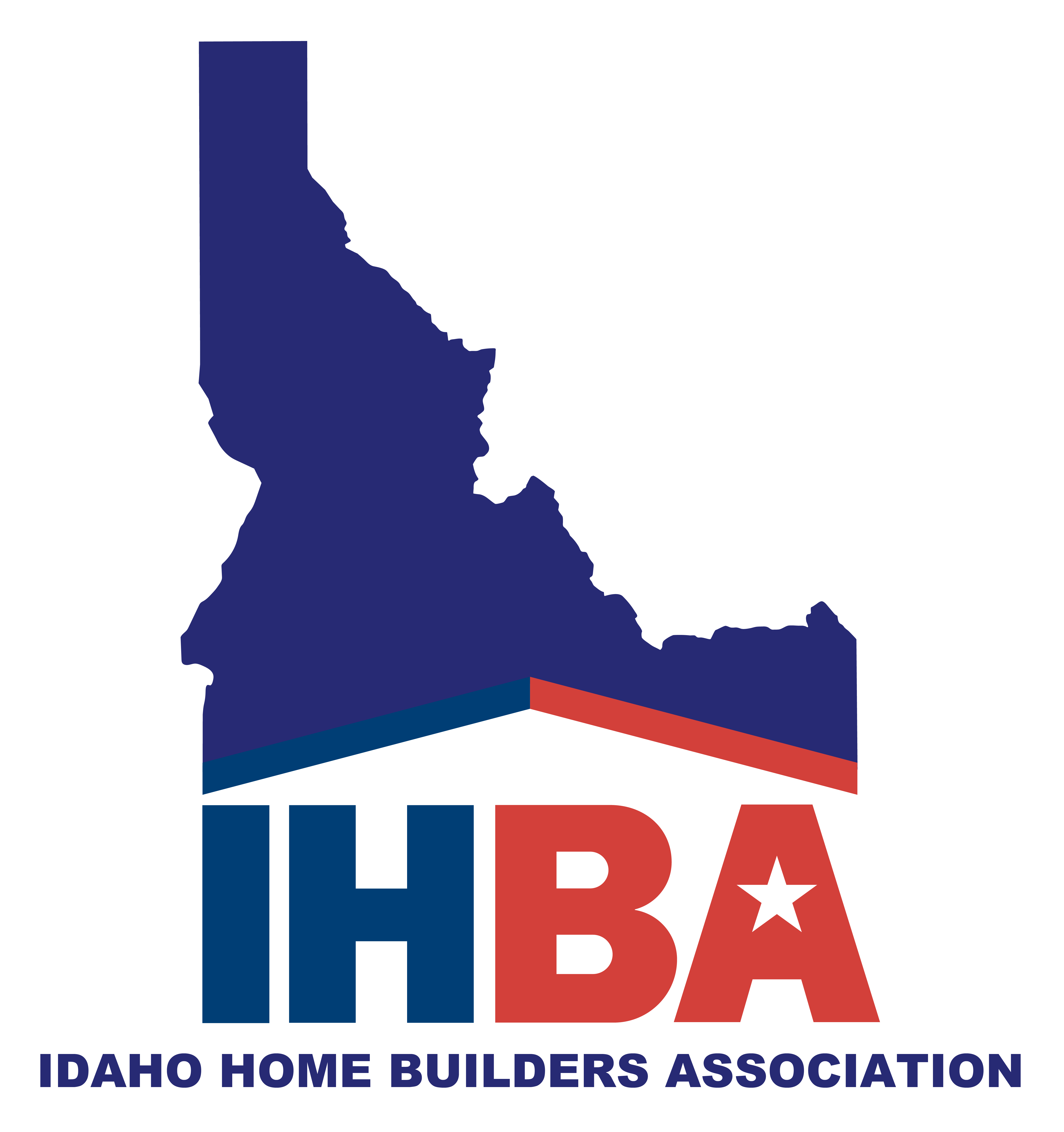Buying your first home is thrilling. You’re likely juggling a dozen things or more to ensure you’re making the right choice. We believe that gaining insight into your future HVAC system is essential. The property’s HVAC system represents a significant investment and potential source of long-term costs, which is why due diligence is important for first-time homebuyers.
In the following guide, we’ll share seven tips for discovering all there is to know about a home’s heating and cooling setup. And if you want a more in-depth opinion from the experts, consider calling Age Heating & Cooling. Our seasoned technicians can share details about your options with industry insights you won’t find elsewhere.
1. Which Kind of HVAC System Does the Home Use?
Start by identifying what specific HVAC system the home includes. Furnaces generally last longer compared to air conditioners, and some of the latest types of HVAC equipment like heat pumps can offer average life spans that are even longer. Knowing the make and specific model gives you a much better sense of how much it might cost in upkeep over time.
2. What Is the Current System’s Age?
It’s just as smart to learn how old the HVAC system is when you’re looking at a new home. In general, HVAC systems should survive for around 10-12 years. Knowing when it was installed helps you anticipate future maintenance needs or considerations if it might shut down for good. Older systems are more prone to problems, so budgeting for a replacement unit might be needed faster than expected.
3. Is the Warranty Active?
Check if the HVAC system is still under warranty. If it is, that’s great news because it can assist with maintenance costs. HVAC warranties typically include parts and labor, but the details in each policy will vary. Review any terms you don’t recognize to ensure you understand your coverage and the likelihood of out-of-pocket costs.
4. Has the System Ever Been Professionally Serviced or Maintained?
Next, examine the maintenance history of the HVAC system, if the records are available. This kind of information can reveal if the system constantly broke down or how much upkeep was provided. You should at least try to track down a history of key tasks like filter changes, which means it enjoyed more regularly scheduled tune-ups.
5. What Are the Energy Efficiency Ratings?
Finding a home that features an HVAC system with high energy efficiency means more manageable utility bills and less of an impact on the environment. Try and find the seasonal energy efficiency ratio (SEER) ratings for air conditioning as well as the annual fuel utilization efficiency (AFUE) for furnaces. High SEER ratings mean more efficient cooling throughout the season, while high AFUE ratings illustrate that the fuel is efficiently converted into useable heat.
6. Can You Spot Trouble After Completing an Informal Inspection?
Even if you don’t have heating and cooling expertise, it’s still a good idea to inspect the HVAC system yourself. Watch closely for signs of problems that haven’t been mentioned by the seller. This can mean bizarre noises, unequal airflow and attempts to cover up any serious damage.
7. Have You Asked Your Local HVAC Professional?
If you’re not quite sure about the current state of the HVAC system, it’s beneficial to get a professional opinion from experienced HVAC professionals. They can spot things you may not know about, such as leaks in the refrigerant, damage to the wiring or inefficient ductwork.
A Chat with Age Heating & Cooling Helps Take the Stress Out of Your Home-Buying Journey
Choosing your first home is meant to be a joyful event, and Age Heating & Cooling will do everything possible to ensure yours is too. Connect with us at 208-603-2210. We can talk about how our HVAC services ease your mind, giving you what you need to make an offer with confidence.







